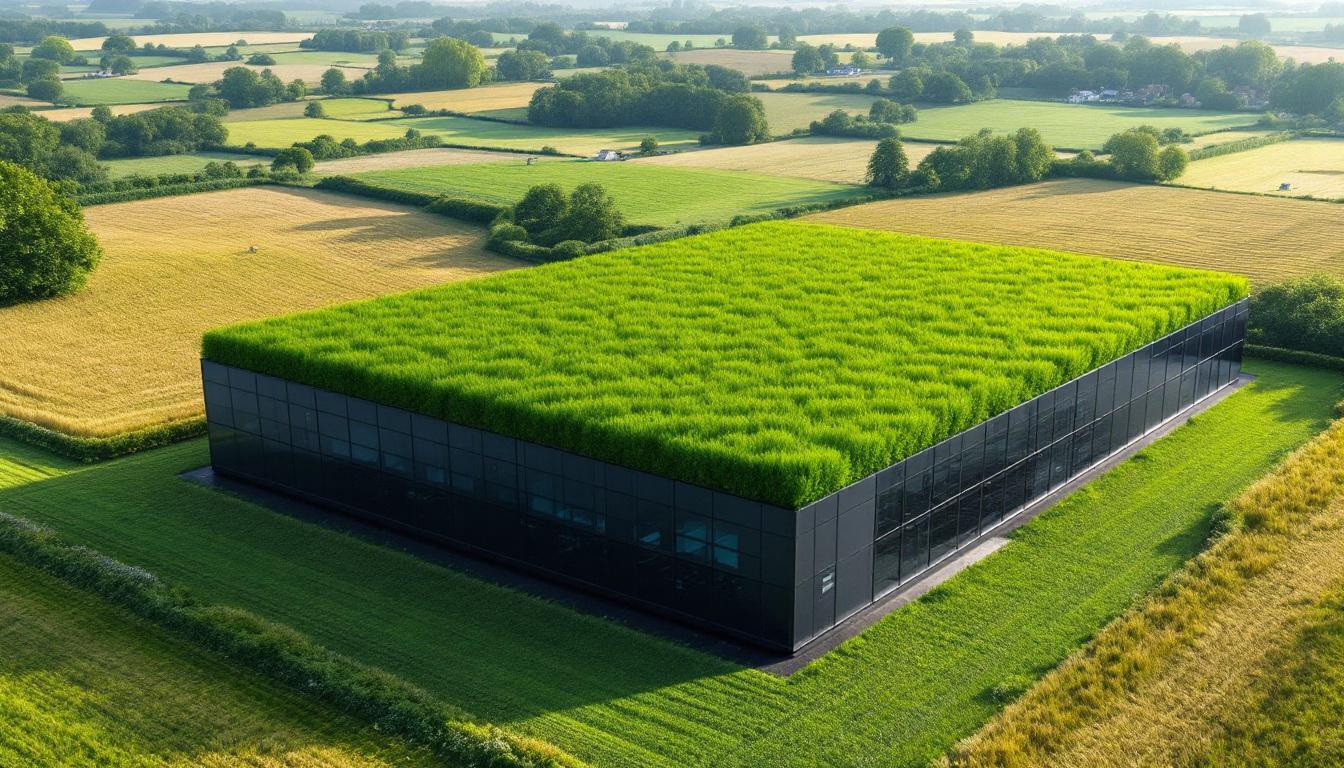A roundtable hosted by The Yorkshire Post and Turner & Townsend has underscored the urgent need for collaboration between the public and private sectors to secure Yorkshire’s position in the UK’s fast-growing data centre industry.
Yorkshire is emerging as a focal point for digital infrastructure investment, with several projects aimed at delivering green technology and driving regional growth. Central to this vision is MetroTech’s £25 million plan to build Leeds’ largest green data centre.
Sarah Tulip, co-founder and Chief Operating Officer of MetroTech, said such facilities are vital for businesses like DAZN, which rely on local data processing to stream live sports. She highlighted the importance of edge data centres—facilities that bring computing power closer to users for faster, more efficient digital services.
Initially a small initiative, the MetroTech project has grown to a £50.2 million proposal, with half the funding already secured. Yet Tulip said raising capital locally has been difficult, forcing the company to seek investment abroad in the UAE, Turkey and Canada. Retrofitting an existing site, she added, is helping to accelerate progress and cut through bureaucratic delays.
While the West Yorkshire Combined Authority and Leeds City Council have been supportive, government funding remains out of reach. Tulip warned that without stronger public backing, Leeds risks losing ground in the digital economy.
Elsewhere, Sam Matthew, Chief Operating Officer of Greystoke, outlined plans for the Northern Lincolnshire AI Growth Zone—a cluster of data centres delivering up to 2.5GW of capacity alongside the Humber’s clean energy infrastructure. He said the Humber’s industrial legacy gives it the power supply and expertise needed to support large-scale data centre growth, unlike other UK regions where grid connection delays stretch into the 2030s. Matthew emphasised that such developments must also deliver community benefits through job creation and skills programmes.
Sean Harvey, Director of Data Centres and Advanced Manufacturing at Turner & Townsend, identified power availability as the sector’s main bottleneck. He pointed to areas such as Sheffield and Teesside as prime sites for expansion, provided reliable energy sources are secured.
The discussion forms part of a wider transformation across Yorkshire’s innovation landscape. Projects such as the planned Leeds Innovation Village and Bruntwood SciTech’s £20 million West Village workspace will create thousands of jobs and attract new tech enterprises.
Sustainability is equally central to the region’s ambitions. Enfinium’s Skelton Grange Energy-from-Waste facility, opening in 2025, will generate renewable power for 100,000 homes and advance carbon capture technology, while the Net Zero Teesside project aims to build the world’s first gas-fired power plant with integrated carbon capture and storage.
Together, these developments illustrate Yorkshire’s determination to lead in digital infrastructure, AI and responsible innovation. But, as roundtable participants agreed, success depends on deepening collaboration between public bodies and private investors to secure the long-term future of the region’s data economy.
Created by Amplify: AI-augmented, human-curated content.


